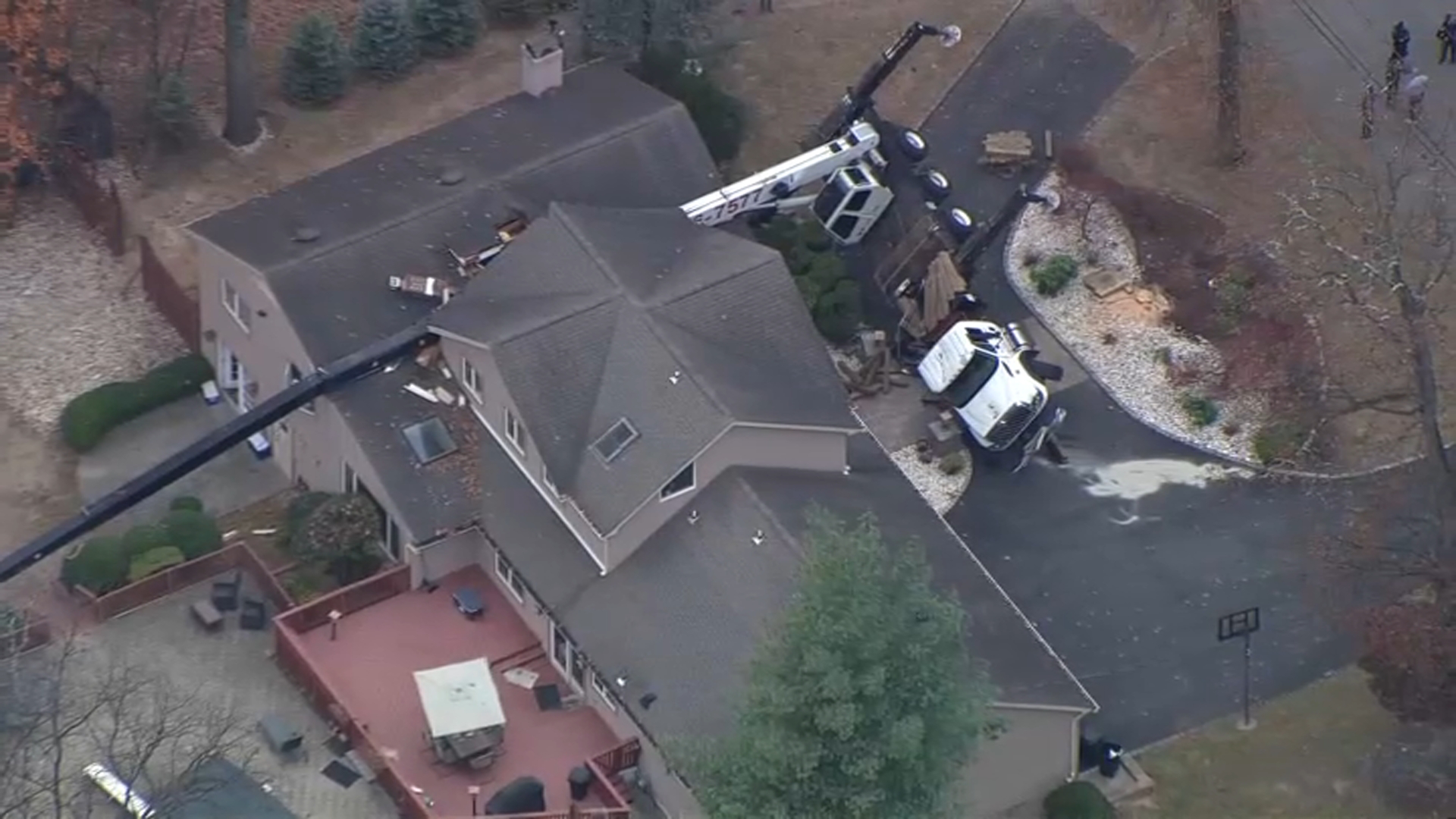The Jehovah's Witnesses, the door-knocking religious group that's been based in Brooklyn for a century, is selling its headquarters and other properties for an expected price tag of $1 billion or more.
The Witnesses' move to a town about an hour north of New York City will likely mean the end of the complex's most well-known feature, the neon "Watchtower" sign advertising the church's flagship publication. But it will free up hundreds of thousands of square feet for businesses and apartments in a now-trendy neighborhood at the foot of the Brooklyn Bridge.
"It's going to be incredibly transformative," said Alexandria Sica, executive director of the DUMBO Improvement District, a business group.
Jehovah's Witnesses spokesman Richard Devine said the move will allow the organization to operate more efficiently. The church had owned 36 separate Brooklyn properties before it began selling them off in preparation for the move upstate to Warwick. The printing plant where the Witnesses produce Bibles and religious tracts moved from Brooklyn to the town of Wallkill in 2004.
"As we've grown as an organization we've had to buy scattered properties wherever we could find them," Devine said. "With a big, scattered campus like that it's challenging to administer and to maintain."
The Witnesses bought their 733,000-square-foot headquarters from Squibb Pharmaceuticals for $3 million in 1969. It was placed on the market this month along with a nearby apartment building and a 135,000-square-foot lot. Despite the prominent "Watchtower" sign, the building has no historical designations that would place restrictions on the buyer.
The church has not announced an asking price but Tucker Reed, president of the Downtown Brooklyn Partnership, called $1 billion "a conservative estimate" for the Witnesses' real estate portfolio.
Local
A partnership including Donald Trump's son-in-law Jared Kushner purchased a nearby 1.4 million-square-foot complex from the Witnesses in 2013 for $375 million and is developing it as a tech hub, while smaller buildings have sold for varying amounts.
In upstate New York, the Witnesses have purchased hotels and other properties for volunteers building the church's new headquarters.
The Witnesses have more than 8 million active members worldwide and about 11 million more who attend some services, according to church officials.
Witnesses are required to spread their message door to door and are not allowed to vote, receive blood transfusions or serve in the military.
The organization has been in Brooklyn since 1908 but seems culturally distinct from its gritty-meets-yuppie surroundings.
Church members lead English- and Spanish-language tours of the headquarters, decorated with pastel-toned Bible paintings.
Devine said 100,000 people a year visit the Brooklyn headquarters but the Warwick facility an hour north of the city will get more visitors when it opens in 2017.
"To be honest with you," he said, "many people find New York City intimidating."
Sica said she is looking forward to the Witnesses' move in part because the church's properties seem off-limits to non-members, with fenced-in parking lots and no street-level retail. "It's closed off," she said. "You get that sense of 'This place is not for the public.'"
But both Sica and Reed said that before they leave the Witnesses should follow through on a promise to redevelop a neighborhood park, which they agreed to do in exchange for a zoning change.
Devine said the Witnesses will fulfill the commitment to build the park "either through our efforts or through the efforts of the new owner. We won't walk away from it."



